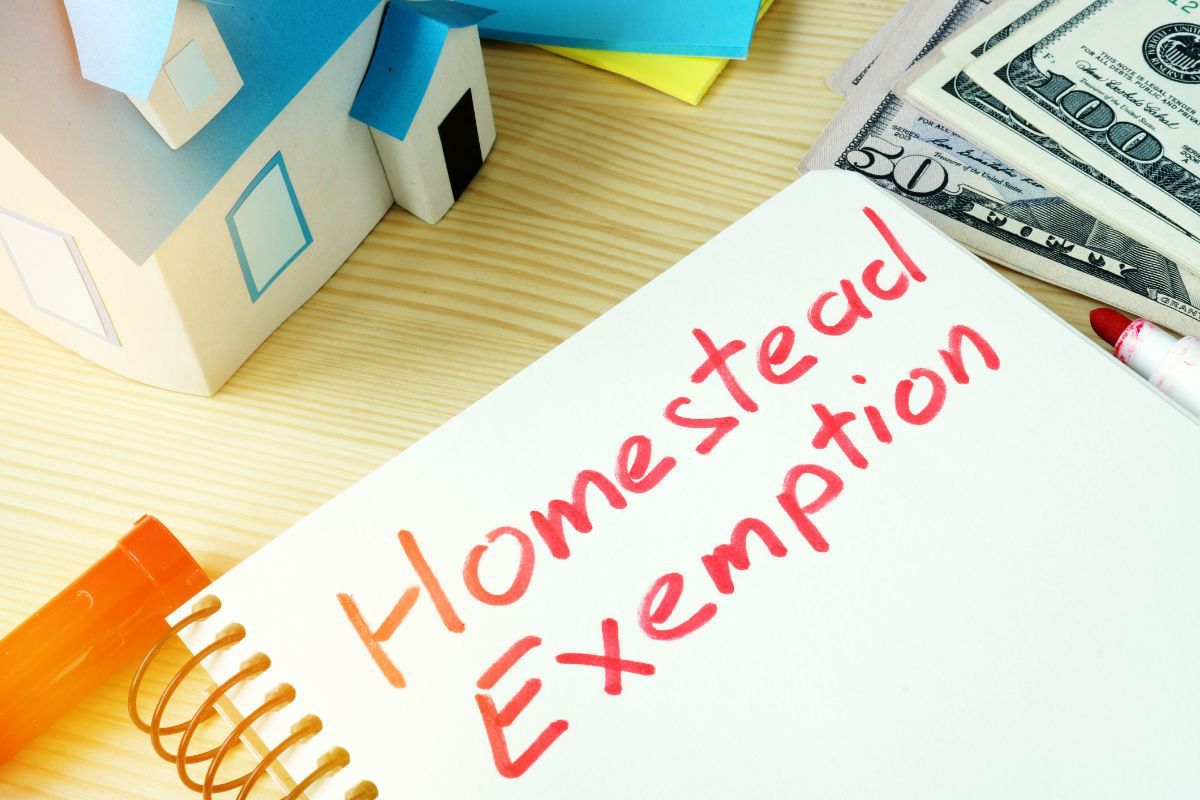In September, Governor Gavin Newsom signed legislation that increased the creditor homestead exemption for California’s personal residences. This action amended the section of the California Code of Civil Procedure that established a tiered homestead exemption system. With the amendment, California’s homestead exemption is changing on January 1, 2021. If you own a home in the Golden State, you may be wondering: Will the new homestead exemption impact me?
Before Assembly Bill 1885 (AB 1885)
Assembly Bill 1885 (AB 1885) amended Section 704.730, a section of the California Code of Civil Procedure related to the enforcement of creditor judgments. Before the change, California’s homestead exemptions were arranged according to a tiered system based on the homeowner’s characteristics.
A homeowner could only exempt a maximum of either $75,000, $100,000, or $175,000 from the forced sale of their property. That meant if a creditor were to force a sale of a residence to satisfy the judgment, these were the only amounts that they could not take from the homeowner. If an owner had significant equity above these amounts, it didn’t matter. These figures were established over forty years ago and were outdated when compared to today’s property values.
The exemption amounts also applied to Chapter 7 bankruptcy. If a debtor’s home equity exceeded the allowable bankruptcy exemption, a bankruptcy trustee could force the home sale to pay the debtor’s Chapter 7 creditors. In Chapter 13 bankruptcy, the court looks at non-exempt home equity in addition to other financial assets to determine how much a debtor should pay. Under the former version of the law, many Californians could not afford a Chapter 13 payment because the low homestead maximums resulted in high non-exempt home equity. When the non-exempt home equity values were calculated into the Chapter 13 payment, the amounts were cost-prohibitive for most filers.
AB 1885
AB 1885 did away with the tiered system and raised the amount of the homestead exemption for homeowners to $300,000 or the countywide median sale price of a single-family home in the calendar year prior to the year in which the judgment debtor claims the exemption, up to a maximum of $600,000. AB 1885 also provides that the amounts are to be adjusted annually for inflation.
Bankruptcy May be More Accessible for Homeowners
The new law allows individuals to file for Chapter 7 and protect up to $600,000 in equity in their primary residences. The amendment is also likely to be beneficial for debtors who have some equity in their homes and have significant debts and want to file a Chapter 13 bankruptcy. With the higher exemption amounts, the debtors may have an easier time reorganizing while keeping their homes. Under the higher homestead protection offered by AB 1885, Chapter 13 payment plan amounts may be significantly lower and more affordable.
Contact the Law Office of Raffy Boulgourjian
Attorney Raffy Boulgourjian is a California real estate and bankruptcy attorney with over twenty years of experience representing clients. He has the knowledge and expertise to protect your interests. Contact Mr. Boulgourjian today to schedule a free legal consultation to discuss your California legal needs.


